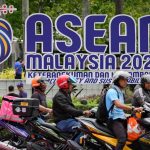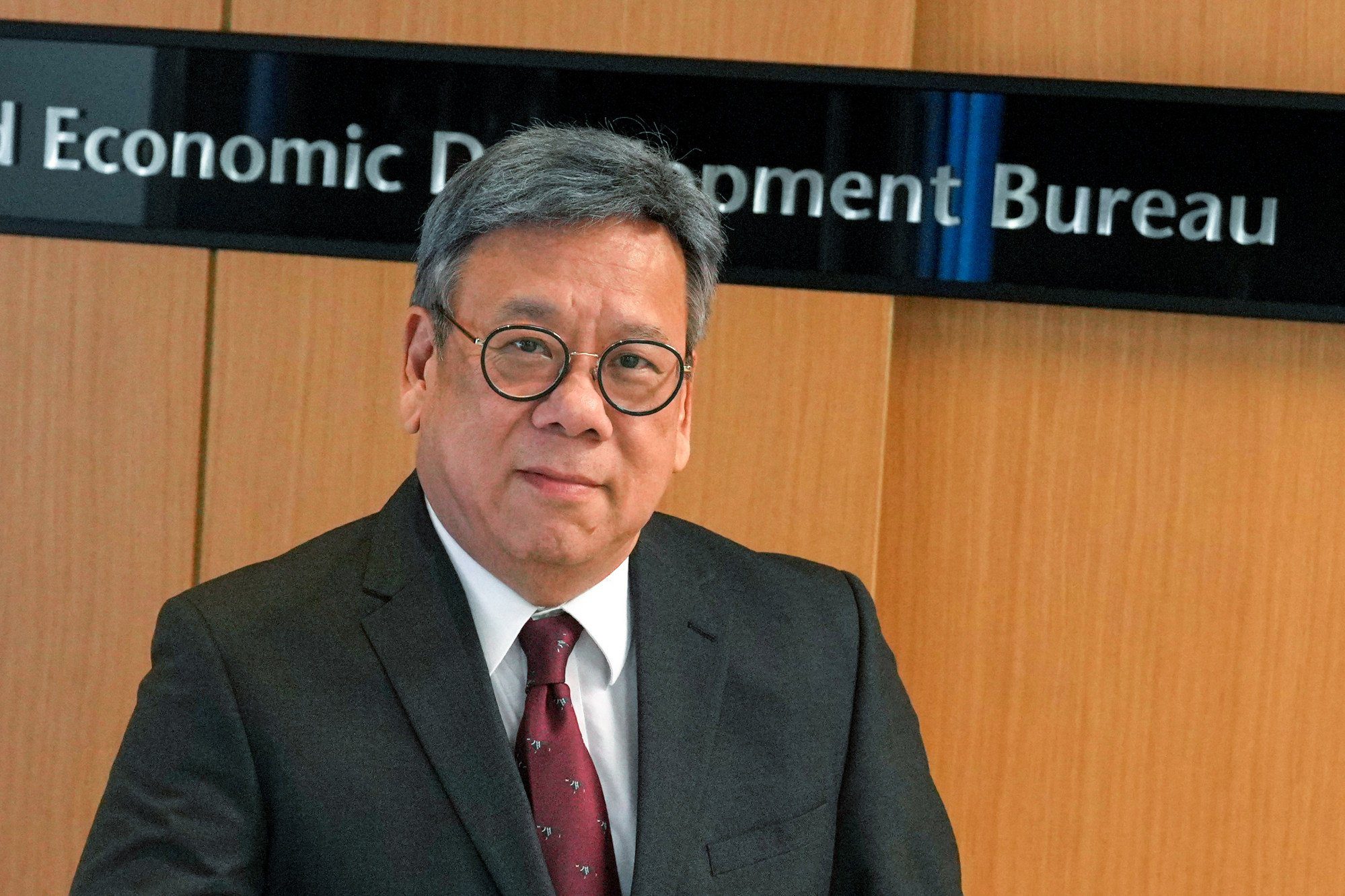Hong Kong Seeks Greater Role in Global Intellectual Property Economy Amid Geopolitical Challenges
Hong Kong’s commerce and economic development chief has emphasized the need for both the city and mainland China to adapt to ongoing global uncertainties, particularly those arising from U.S.-China trade tensions and the war in Ukraine. These challenges are reshaping the economic landscape, prompting a push for transformation and innovation across the region.
In an interview, Algernon Yau Ying-wah, the Secretary for Commerce and Economic Development, highlighted that the current environment is marked by significant uncertainty. He pointed out that the unresolved nature of U.S.-China trade negotiations and the prolonged conflict in Ukraine have created unpredictable conditions for businesses and economies alike. “Until these issues are resolved, the situation will remain unclear,” he said.
Yau also noted that the war in Ukraine could have lasting implications on the global economy, affecting different regions in various ways. This uncertainty underscores the necessity for both Hong Kong and mainland China to undergo economic transformations. The goal is not just to survive but to thrive in this new era of geopolitical complexity.
Expanding into New Markets and Strengthening IP Capabilities
As part of its strategy, Hong Kong is actively seeking opportunities in overseas markets, particularly in countries such as those in ASEAN, the Gulf Arab states, Eastern Europe, Central Asia, and Latin America. This expansion is supported by the robust economy of mainland China, which provides a strong foundation for international trade and investment.
Following a recent trade visit to New Zealand and Australia, Yau is set to travel to Singapore on August 31. This move reflects Hong Kong’s commitment to forging stronger economic ties with key partners in the region.
A critical component of Hong Kong’s strategy involves enhancing its role in the intellectual property (IP) economy. Yau revealed that the administration is seeking Beijing’s support to include Hong Kong in the Madrid Protocol, an international system that simplifies the process of registering trademarks in multiple jurisdictions. This would allow Hong Kong-based businesses to protect their IP more efficiently across up to 131 member countries, including major trading partners like the United States, Japan, and the European Union.
The Benefits of the Madrid Protocol
The Madrid Protocol offers significant advantages for businesses operating in Hong Kong. By registering trademarks through this protocol, companies can ensure protection in multiple jurisdictions without having to navigate complex legal processes in each country individually. This streamlined approach can save time and resources, especially for businesses involved in pop culture, arts, and entertainment.
Yau emphasized that including Hong Kong in the protocol would require some time and effort. It involves educating the public about the importance of IP and developing expertise in areas such as copyright law, trademark registration, and IP certification. However, the long-term benefits are substantial, given that the IP sector already contributes significantly to Hong Kong’s economy.
Official statistics from December 2023 indicated that “intellectual property-intensive industries” accounted for an average of 32.7% of Hong Kong’s GDP and 29.1% of total employment between 2019 and 2021. This highlights the growing significance of the IP economy in the city’s overall economic structure.
Adapting to a Changing Economic Landscape
Yau stressed that businesses must adapt to the evolving economic environment. While transformation does not mean ceasing operations, it requires adopting new methods and strategies. For instance, leveraging e-commerce platforms can help businesses reach global markets more effectively.
Hong Kong’s unique position under the “one country, two systems” framework gives it distinct advantages. Its common law system and access to international opportunities make it an ideal partner for mainland enterprises looking to expand overseas. Yau suggested that more mainland firms could establish regional offices in Hong Kong to conduct business internationally, benefiting from the city’s expertise in international law, taxation, and capital flow.
Additionally, Hong Kong can collaborate with mainland companies on manufacturing and research and development, particularly through initiatives like the Northern Metropolis. This partnership model emphasizes complementing each other rather than competing, as both regions share a common goal of economic growth and development.
Conclusion
As Hong Kong continues to navigate the complexities of the global economy, its focus on the IP sector and international collaboration will be crucial. By adapting to new challenges and embracing innovative strategies, the city can maintain its position as a key player in the global economic landscape.










